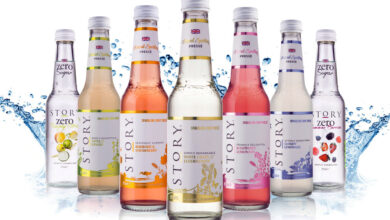The dos and don’ts of recycling
Editorial Feature
We all recycle, but what common mistakes are we making? Here we look at what can and can’t go in your recycling bin.
When it comes to the mysteries of the recycling bin, there can often be some confusion as to what goes in, and where. How clean do the bottles need to be? Can I recycle this pizza box? What symbols do I need to look out for?
Recycling practices change from borough to borough, based on council facilities or even which companies services are contracted out to – so what are the general dos and don’ts of recycling and how can you maximise your efforts?
Where possible, sort your recycling by type
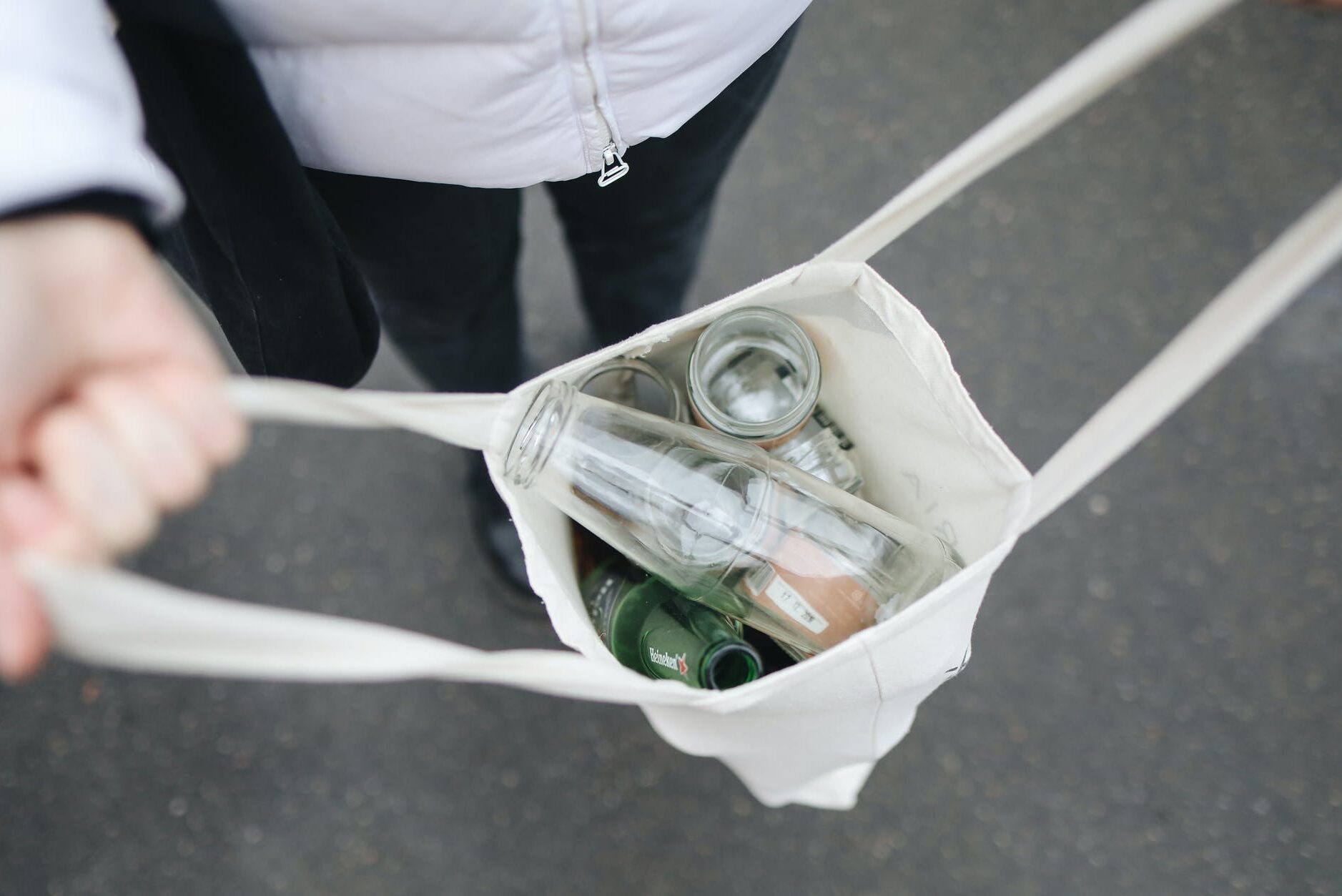
Sort your recyclable materials by the following types: glass, aluminum and plastic together, mixed paper, cardboard, and compost separately.
By separating your recycling it ensures your rubbish stays ‘clean’ during transport to the recycling depot, which makes the processing easier and more efficient. Separating your recycling leads to higher recycling rates and significant cost savings.
While throwing everything into one bin is the simple option, sorting by type retains the value of the materials as much as possible, reduces cross-contamination and significantly increases your recycling rate.
Clean food containers, bottles and packaging
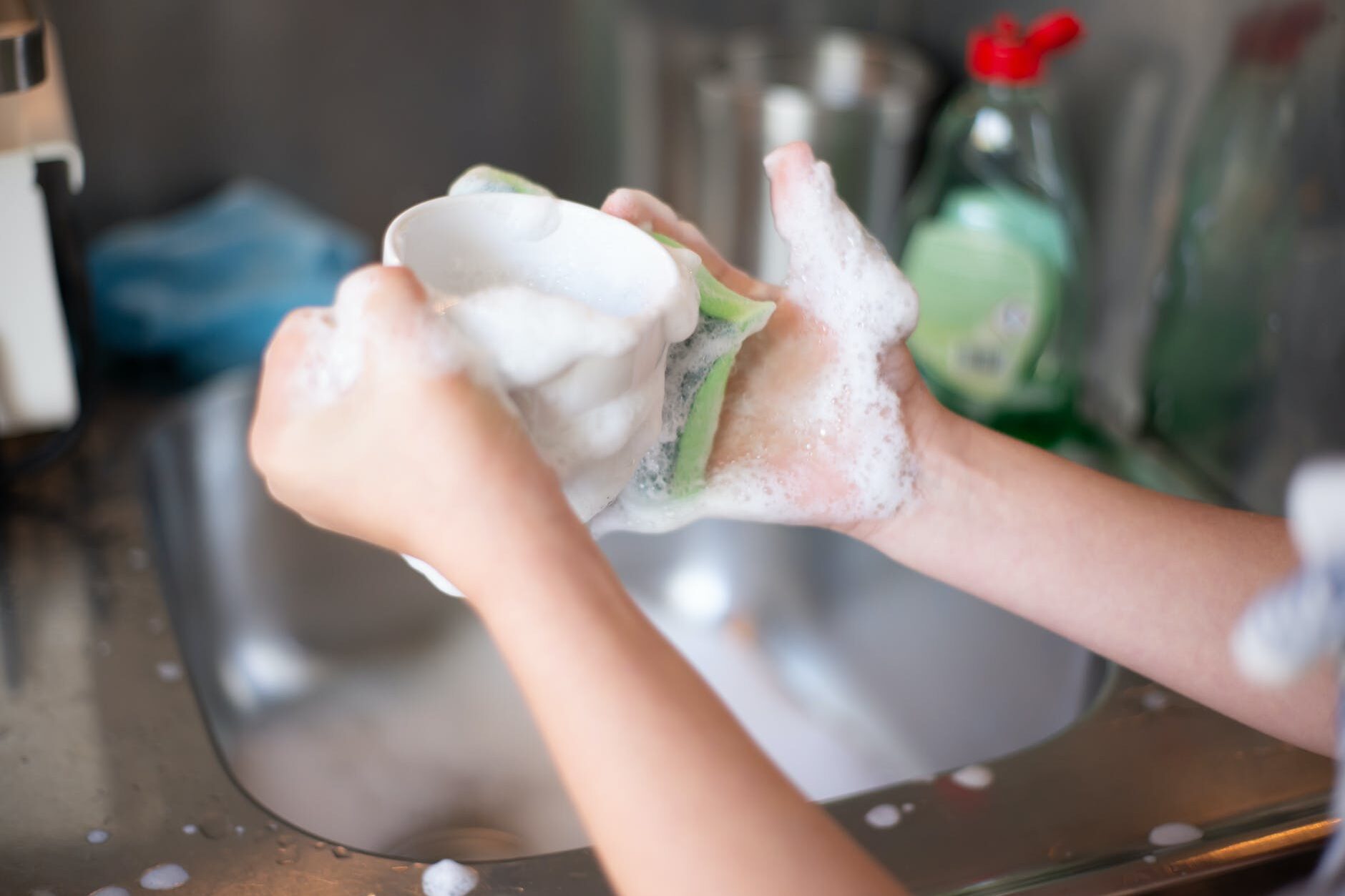
Although time-consuming, any plastic, metal and glass materials containing foodstuffs must be completely emptied and fully rinsed clean before going into your recycling bin.
Do not recycle any materials that have food or drink contamination because they will soil the whole load and that means the potentially recyclable materials will be made useless and end up in landfills. And do not recycle greasy pizza boxes!
Any cardboard or paper contaminated by foodstuffs – grease, oil or otherwise – cannot be recycled because the oils cannot be separated from the fibres. Never recycle fibrous materials that have been soiled in this way.
Plastic bottle tops
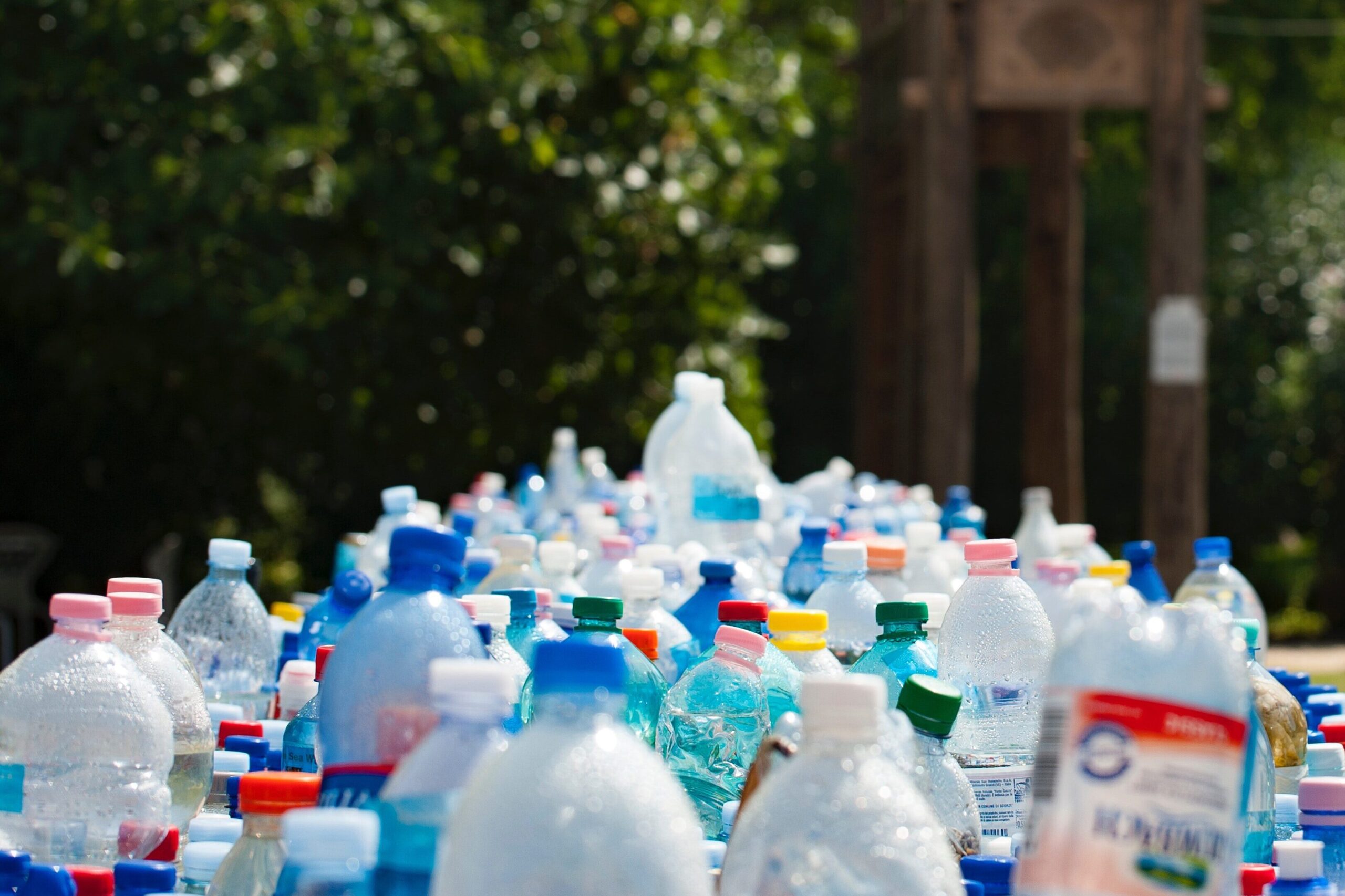
Probably one you hadn’t thought about – plastic bottle tops can throw a spanner in the works.
Although on the whole, most plastic bottle caps can be accepted by your recycling centre, it is dependent on your local facilities. In some areas you can keep them on, and some require you to remove them all together and place into the normal bin.
The important thing to do is to check with your local recycling centre beforehand. You can easily check on your local council’s website.
Don’t recycle plastic shopping bags
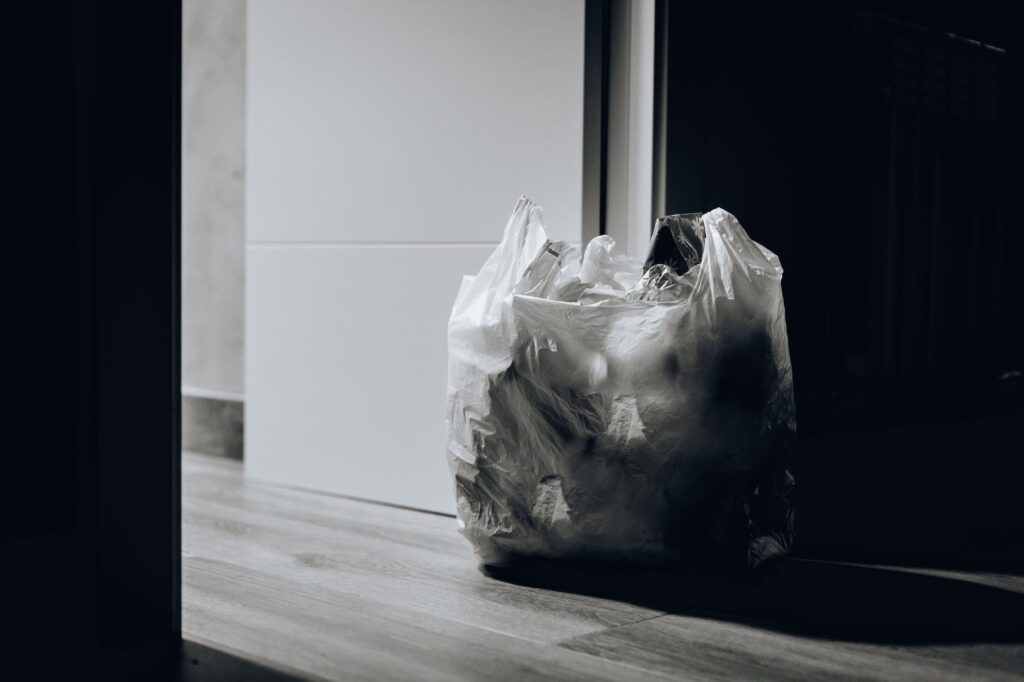
Plastic shopping bags are generally made from thin plastics, which can clog up processing equipment at the recycling centre. Plastic shopping bags require special recycling facilities.
Most supermarkets or food shops will collect and properly recycle your plastic bags for you. Instead of using plastic shopping bags, reusable bags made from recycled materials or from natural fibres are a much better alternative.
To see your company in any upcoming features we are arranging please email editorial@hurstmediacompany.co.uk



